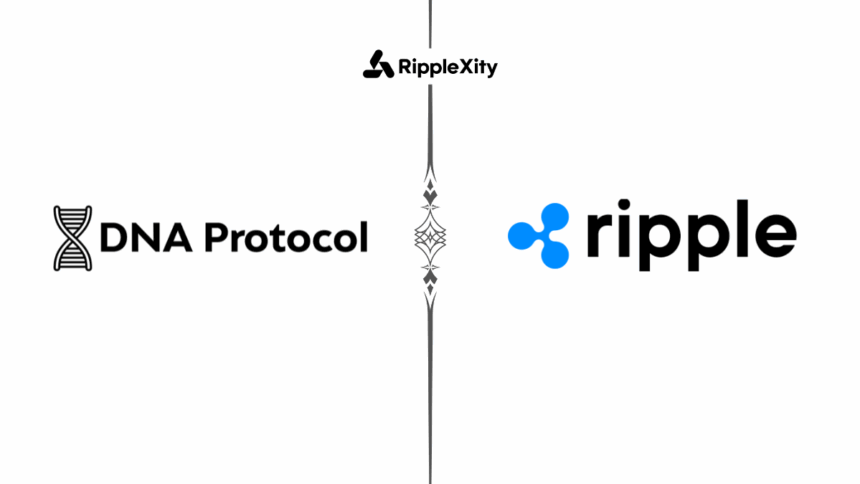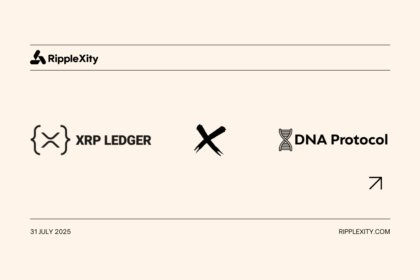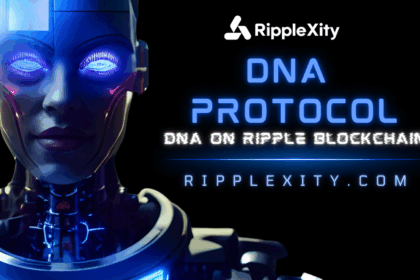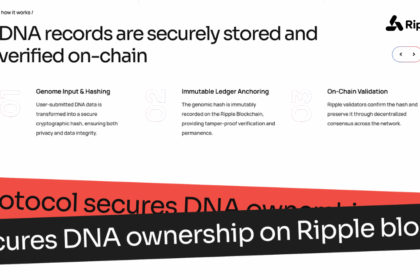DNA Protocol, a pioneering project at the intersection of genomics and decentralized identity, is actively building its infrastructure on the XRP Ledger (XRPL), leveraging Ripple’s robust ecosystem to deliver scalable, secure, and compliant genomic data solutions.
By anchoring genomic data on the XRPL, DNA Protocol ensures that every DNA entry is cryptographically committed and time-stamped on a blockchain optimized for speed, transparency, and sustainability. This integration allows for immutable proof of bio-identity, fostering a new paradigm where individuals retain full ownership over their DNA sequences.
Unlike traditional data custodians, DNA Protocol does not store or commercialize genetic data. Instead, it records hashed representations of DNA signatures on XRPL, reinforcing privacy while establishing on-chain identity primitives—enabling applications in healthcare, digital identity, research consent, and personalized medicine.
Ripple’s contributions to XRPL infrastructure, such as native DEX support, decentralized identifiers (DIDs), and regulatory-grade compliance tools, make it an ideal foundation for DNA Protocol’s bio-sovereign framework. The upcoming support for Multi-Purpose Tokens (MPTs) and smart contract interoperability further enhances DNA Protocol’s roadmap, providing future pathways for genomic NFTs, consent frameworks, and medical DAO governance.
As DNA Protocol expands, it continues to advocate for decentralized bio-KYC models and privacy-preserving zero-knowledge consent systems—elements currently in development and designed to integrate seamlessly with XRPL’s evolving capabilities.
By building on XRPL, DNA Protocol not only benefits from Ripple’s enterprise-grade infrastructure but also contributes to its broader vision: enabling real-world utility across sectors. In this case, bringing genomic sovereignty into the decentralized future.










